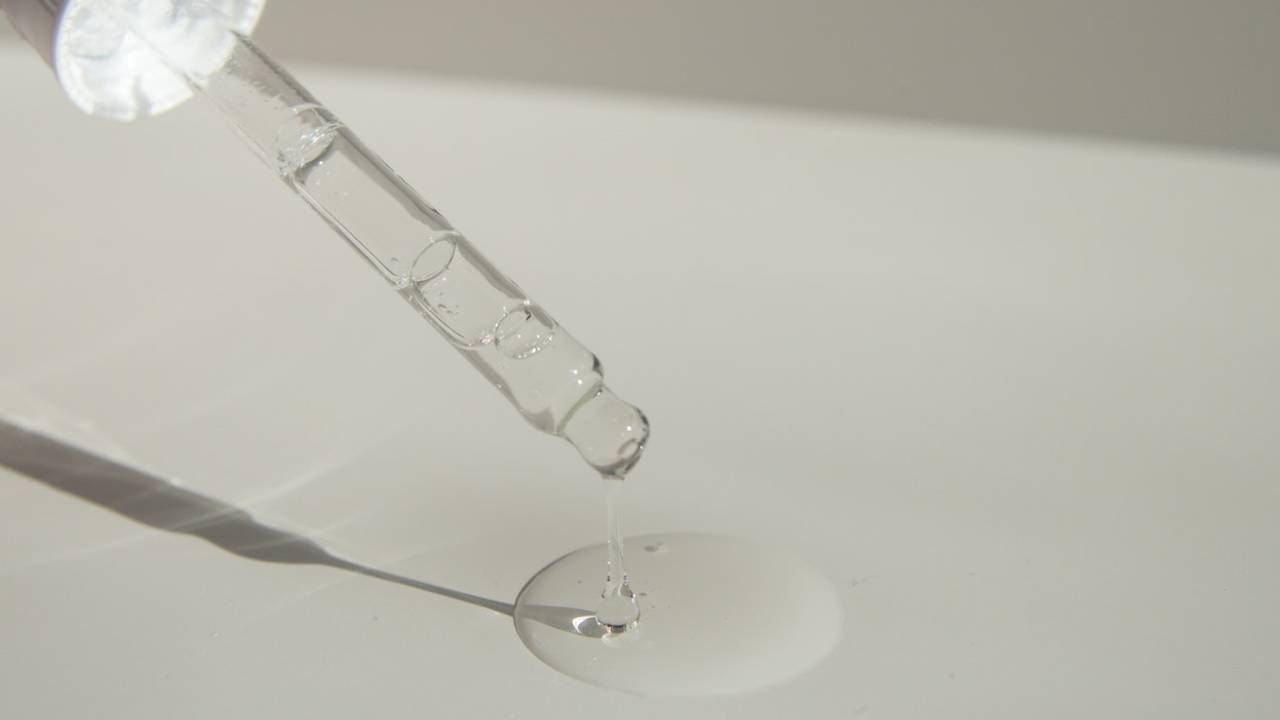Two leading Australian criminal defence barristers are pushing for the use of truth serum to force murderers to reveal the location of bodies. But how does this controversial technique work and what are the ethical implications?
What is truth serum? Truth serum is a colloquial term for a drug that is supposed to make people tell the truth. The most commonly used drug for this purpose is sodium pentothal, which is a barbiturate that slows down the activity of the brain and nervous system. Sodium pentothal is also used as an anaesthetic and a sedative in medical settings.
According to Victorian barrister Sharon Kermath and former NSW crown prosecutor Margaret Cunneen, sodium pentothal can lower a person’s inhibition and reduce their capability of lying. They are calling for trials of sodium pentothal in Australia to help families of murder victims find closure.
“It’s like an anaesthetic, so basically if it’s used appropriately and if there are trials conducted … it could be developed in the legal field to help … families have closure,” Ms Kermath told Ross and Russel.
How would it be used in criminal cases? Ms Kermath and Ms Cunneen propose that sodium pentothal could be administered to convicted murderers who refuse to disclose the location of their victims’ bodies. They argue that this would not violate their human rights, as they have already been found guilty beyond reasonable doubt.
They also suggest that the use of truth serum could be voluntary, meaning that the murderers would have to consent to it. In exchange, they could receive some benefits, such as a reduction in their sentence or better prison conditions.
Ms Kermath told Waleed Aly that she supports this idea, as she believes that it would provide justice and closure for the families of the victims.
“It’s not about punishing them further, it’s about giving them an incentive to do the right thing,” she said.
What are the challenges and risks? However, not everyone agrees with the idea of using truth serum on criminals. Some experts and critics have raised several concerns and objections, such as:
- The reliability of truth serum: There is no scientific evidence that sodium pentothal or any other drug can reliably elicit truthful statements from people. In fact, some studies have shown that people under the influence of such drugs can still lie or give false or distorted information. Moreover, some people may be more resistant or susceptible to the effects of the drug than others, depending on their personality, physiology and mental state.
- The ethical issues: The use of truth serum on criminals raises several ethical questions, such as: Is it morally acceptable to manipulate someone’s mind and will? Does it violate their dignity and autonomy? Does it infringe on their right to remain silent? Does it amount to torture or cruel treatment? How can we ensure that the drug is administered safely and humanely? How can we protect the privacy and confidentiality of the information obtained? How can we prevent abuse or misuse of the drug by authorities or others?
- The legal implications: The use of truth serum on criminals also poses several legal challenges, such as: How can we ensure that the consent given by the criminals is informed and voluntary? How can we regulate and monitor the use of the drug? How can we verify and validate the information obtained? How can we deal with conflicting or contradictory statements? How can we handle appeals or complaints from the criminals or their lawyers? How can we balance the rights of the criminals with the rights of the victims and their families?
The future of truth serum Given these challenges and risks, it is unlikely that truth serum will be widely used in criminal cases anytime soon. However, Ms Kermath and Ms Cunneen hope that their proposal will spark a debate and a discussion about this topic.
They believe that truth serum has the potential to be a valuable tool for justice and closure, if used carefully and responsibly.
“We’re not saying that this is a magic bullet, we’re saying that this is something that should be explored,” Ms Kermath said.
